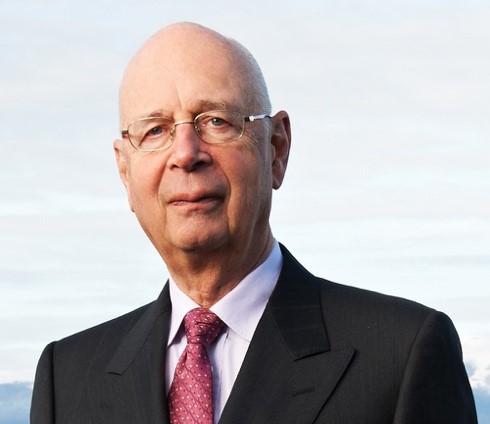
This will be an exciting event marking the return of Prof. Klaus Schwab, the Founder and Chairman of the WEF, to Vietnam after 15 years, with the purpose of inspiring and motivating the creativity and determination of Vietnamese students and youth. The conversation is expected to focus on the trends shaping humanity's intelligent era, the opportunities and challenges for Vietnam in this new developmental age, and the need of young people to grasp these trends and pioneer contributions to the country's development.
About Prof. Klaus Schwab - Founder and Chairman of the World Economic Forum:
Prof. Klaus Schwab, born in 1938 in Ravensburg, Germany, is a globally renowned economist and engineer, best known as the founder and executive chairman of the World Economic Forum (WEF).
He earned a Ph.D. in Economics from the University of Fribourg and a Ph.D. in Engineering from the Swiss Federal Institute of Technology (ETH Zurich). He later completed a Master of Public Administration at John F. Kennedy School of Government at Harvard University. In 1971, he founded the World Economic Forum in Davos, which initially started as a small meeting for European business leaders. Under his leadership, the WEF has evolved into a global platform that brings together leaders to discuss urgent issues, such as globalization, climate change, and sustainable development.
In 1998, he co-founded the Schwab Foundation for Social Entrepreneurship with his wife, Hilde Schwab. The foundation identifies and implements social entrepreneurship initiatives aimed at improving living standards. It supports over 350 social entrepreneurs worldwide.
Prof. Klaus Schwab has played a significant role in promoting globalization and the integration of the global economy. He has initiated many important projects, including the Global Competitiveness Report, the Young Global Leaders network, and initiatives related to the Fourth Industrial Revolution.
Under Professor Schwab's leadership, the WEF has become an influential forum affecting the policies and decisions of governments, international organizations, and businesses globally. The forum has contributed to shaping discussions on global issues, such as climate change, inequality, and the future of work.
